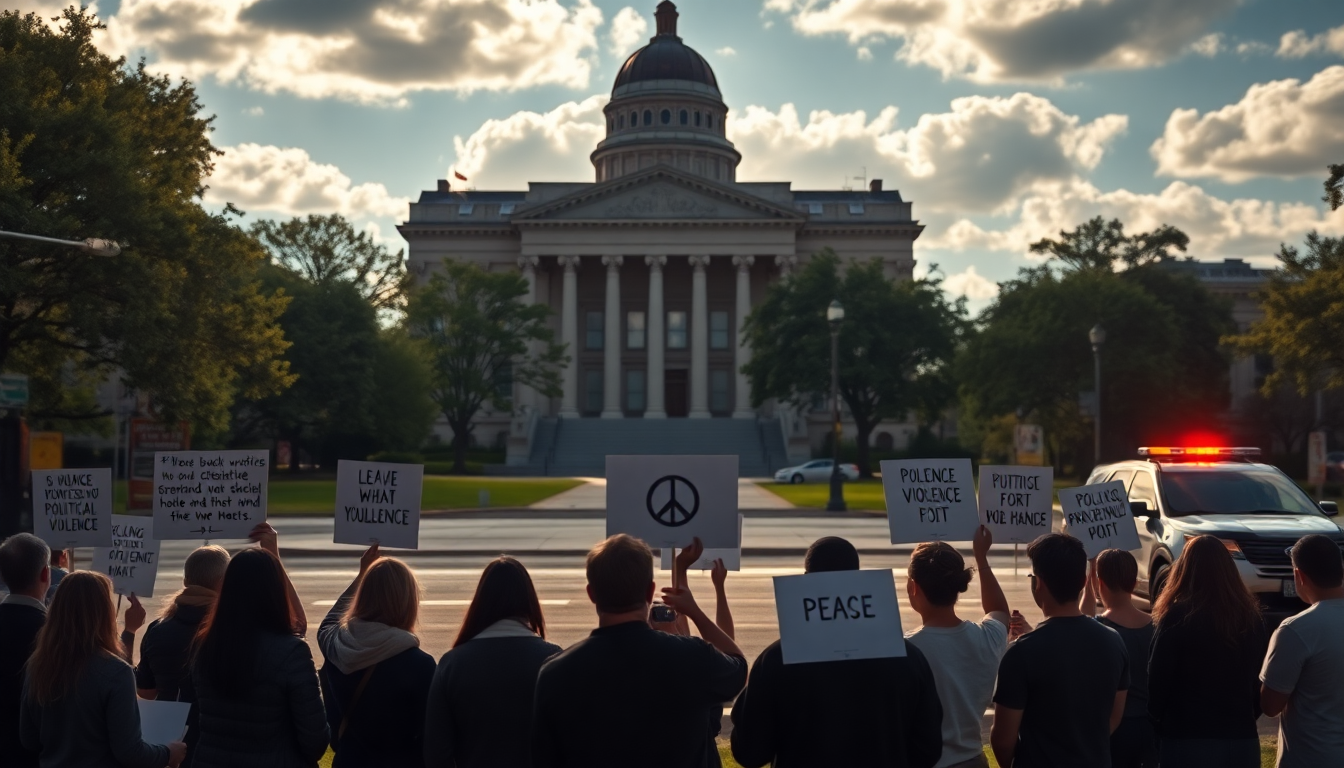Table of Contents
The recent allegations surrounding Vance Boetler, a man accused of committing horrific acts of violence against politicians in Minnesota, have sparked serious concerns about the state of political discourse and safety. Boetler, 57, wrote a bizarre letter to the FBI, claiming that Minnesota Governor Tim Walz had directed him to assassinate Senator Amy Klobuchar. This shocking accusation not only exposes the depths of his delusions but also highlights how political rhetoric can influence individuals who may be vulnerable. As we delve into the details of this case, it’s clear that its implications reach far beyond Boetler himself, reflecting deeper societal issues related to political aggression and mental health.
The Disturbing Allegations Against Vance Boetler
Boetler’s letter to the FBI reads like a chaotic jumble of conspiracy theories, suggesting a plot supposedly orchestrated by Governor Walz to remove Senator Klobuchar from her position. While some might dismiss the letter as nonsense, it offers a troubling glimpse into the mindset of someone capable of violence. The incoherence of his thoughts underscores a pressing issue: the potential for inflammatory rhetoric to lead to real-life violence.
In the wake of these allegations, both Governor Walz and Senator Klobuchar have responded cautiously. Although they haven’t directly addressed Boetler’s claims, their statements following related violent incidents convey a serious concern for public safety. Walz expressed gratitude to law enforcement for apprehending the shooter, emphasizing the need for swift justice. Meanwhile, Klobuchar described Boetler as a dangerous individual, emphasizing the critical importance of confronting threats to public figures.
The Violent Events and Their Aftermath
On June 14, Boetler allegedly executed a targeted attack that led to the tragic deaths of Minnesota House Representative Melissa Hortman and her husband, alongside injuries to State Senator John Hoffman and his wife. This incident unfolded in the early morning hours, and Boetler’s unsettling choice of attire—a latex mask and a police uniform—added a chilling layer to an already horrific situation.
The ensuing investigation revealed a “manifesto” in which Boetler identified 70 politicians he intended to target for violence, including Governor Walz. This chilling detail not only highlights Boetler’s dangerous mindset but raises alarms about the broader implications for political figures across the country. The community’s response to such violence is crucial, as it emphasizes the necessity for vigilance and proactive measures to ensure safety.
The Broader Implications of Political Violence
The case of Vance Boetler serves as a stark reminder of the volatile intersection between politics and personal safety. As political tensions rise, the risk of violence becomes an increasingly pressing concern. This incident should act as a wake-up call for everyone—from government officials to everyday citizens—to engage in constructive dialogue instead of allowing divisive rhetoric to fester.
Moreover, we can’t overlook the mental health aspects of such cases. Understanding the psychological factors that drive individuals like Boetler to commit violent acts is crucial for prevention. By addressing mental health issues alongside political discourse, we can work towards fostering a safer environment for everyone, particularly those in the public eye.
In conclusion, the troubling narrative surrounding Vance Boetler should encourage reflection and action. It’s essential for communities to unite against the rising tide of political violence and ensure that the safety of public officials and citizens remains a top priority.


